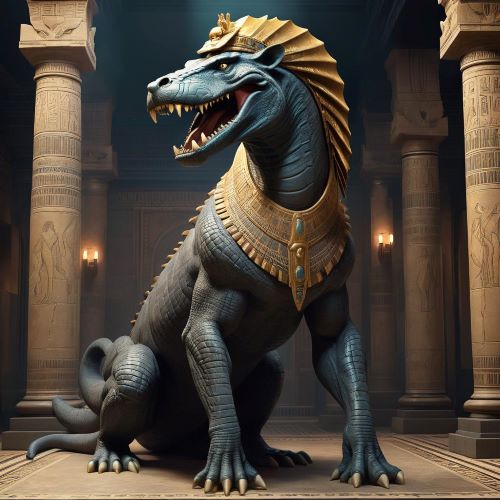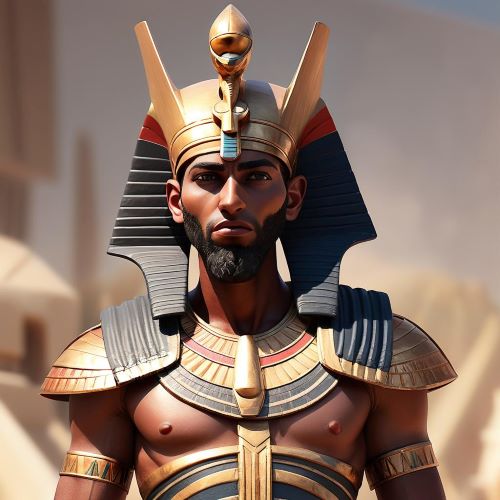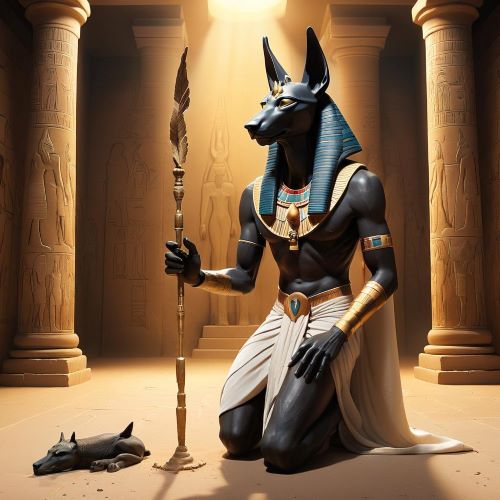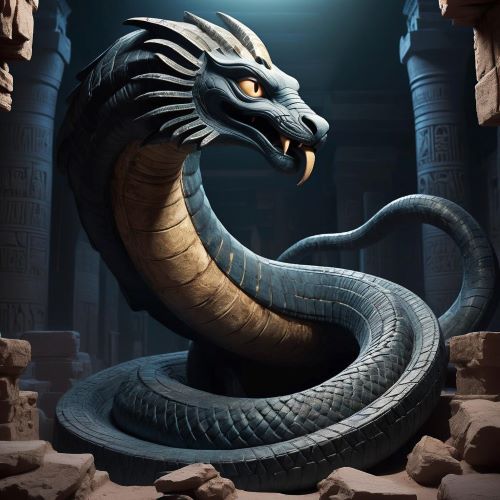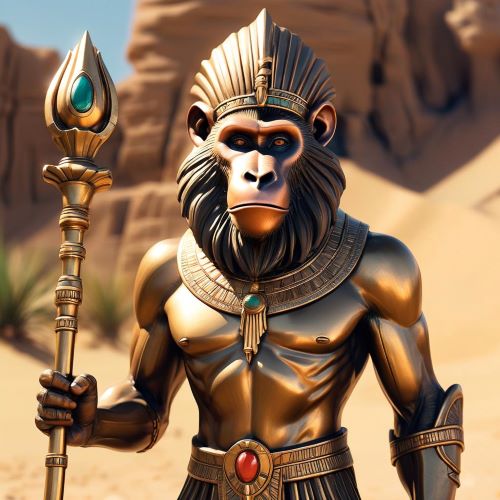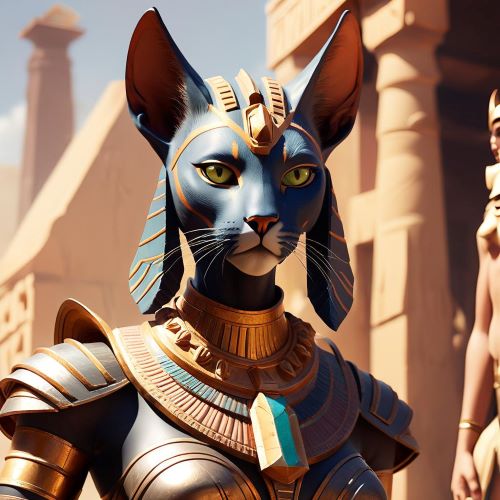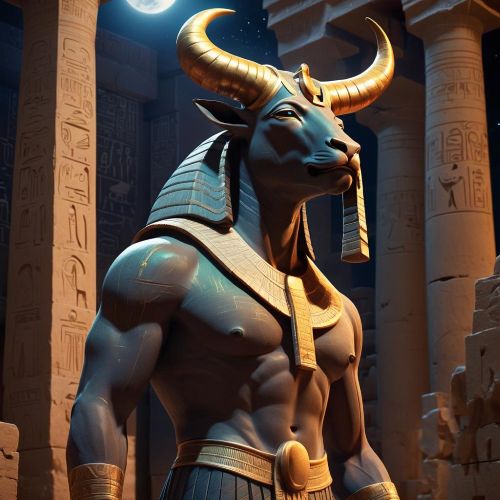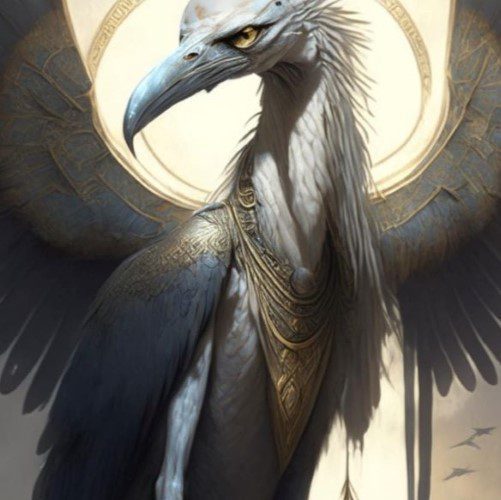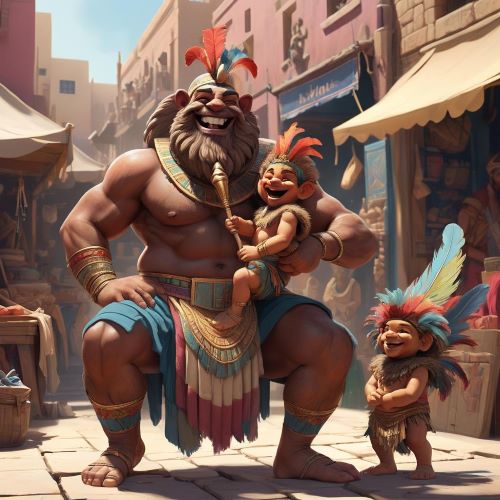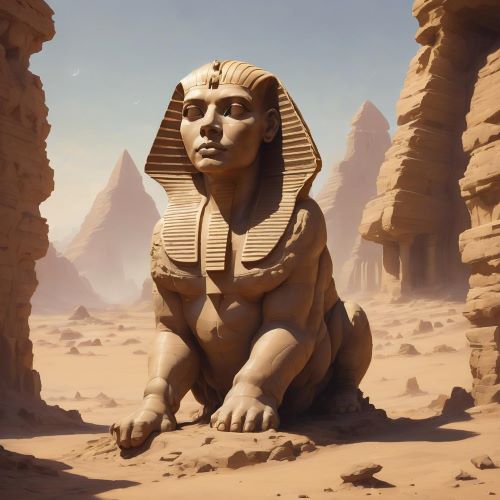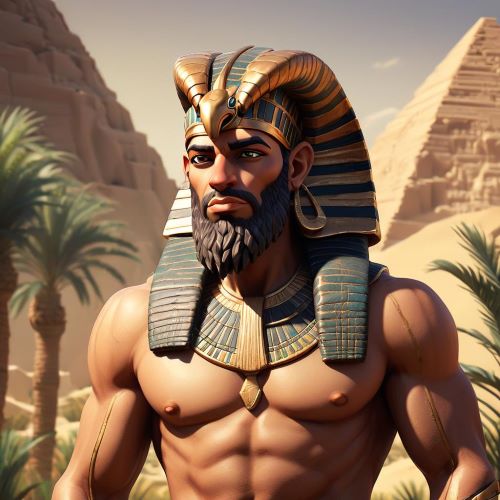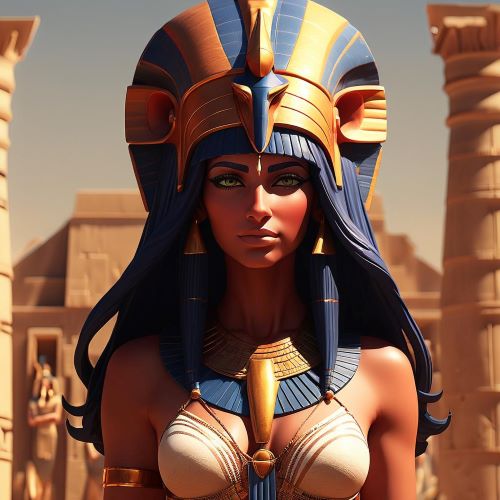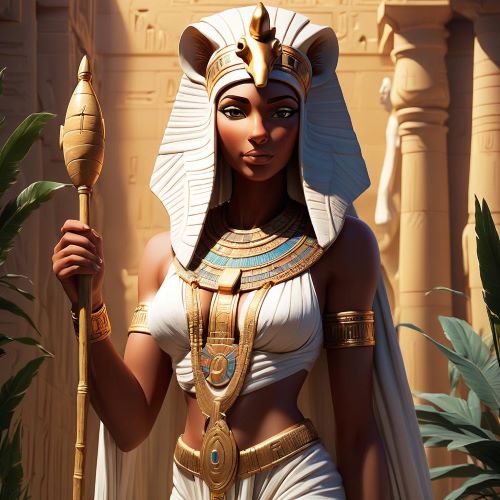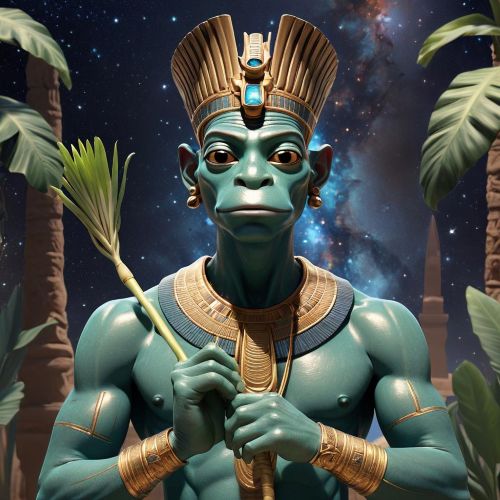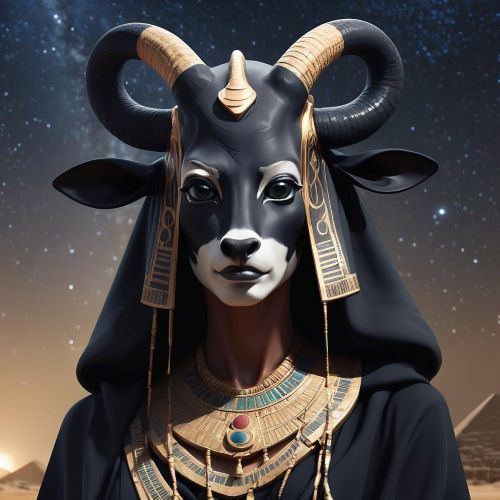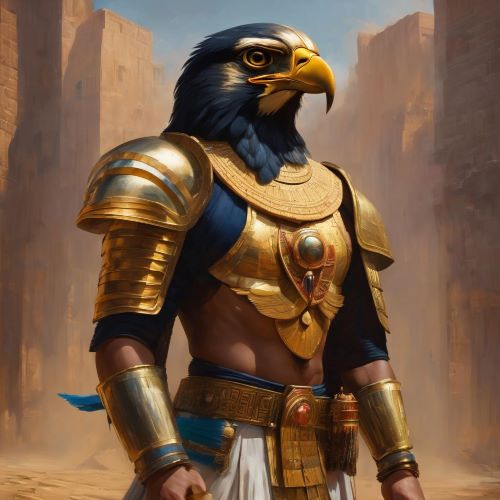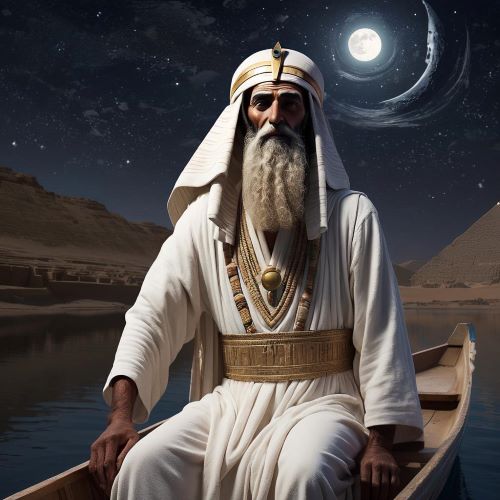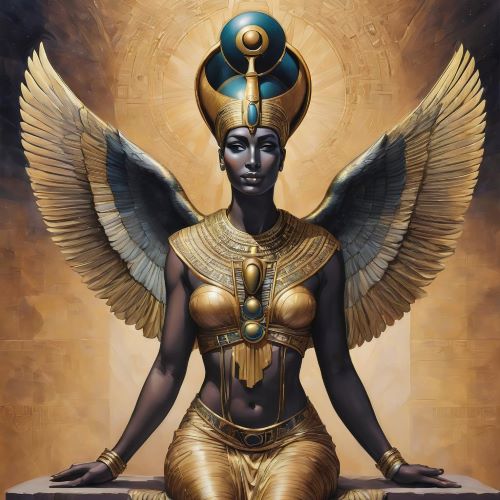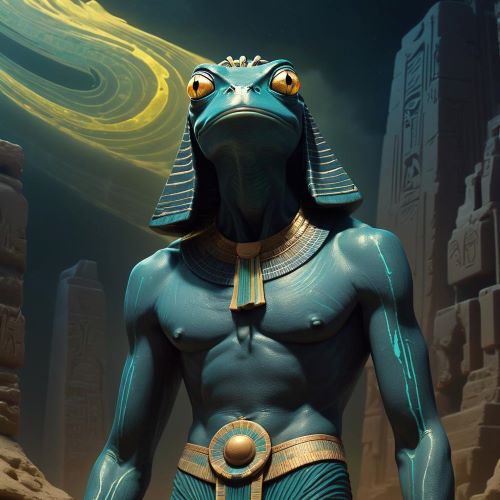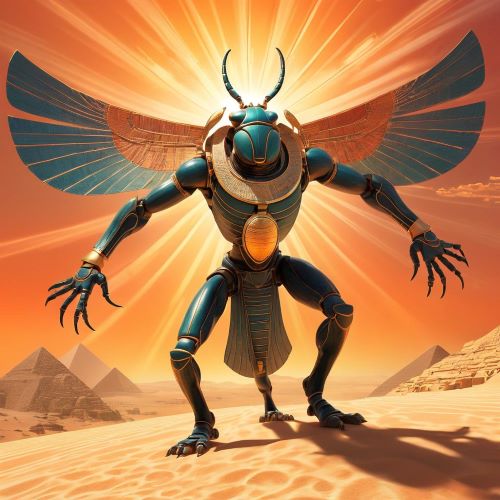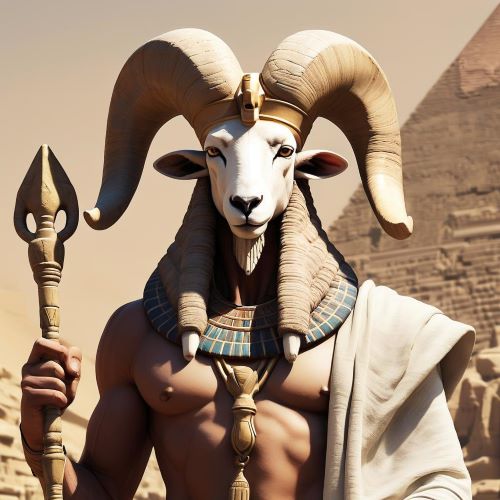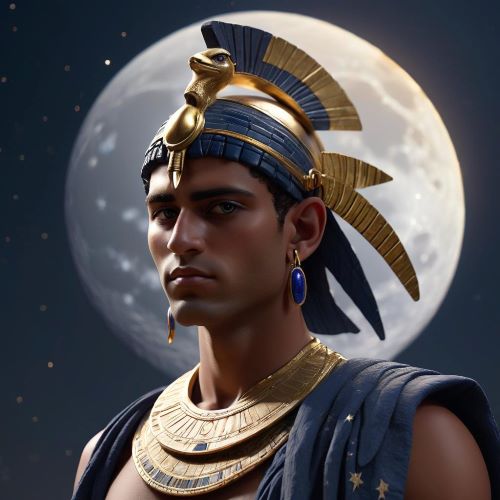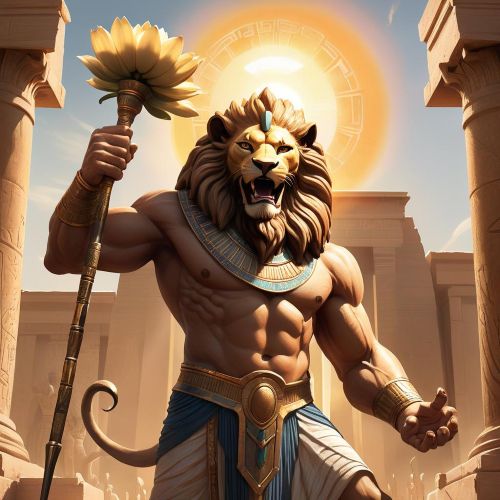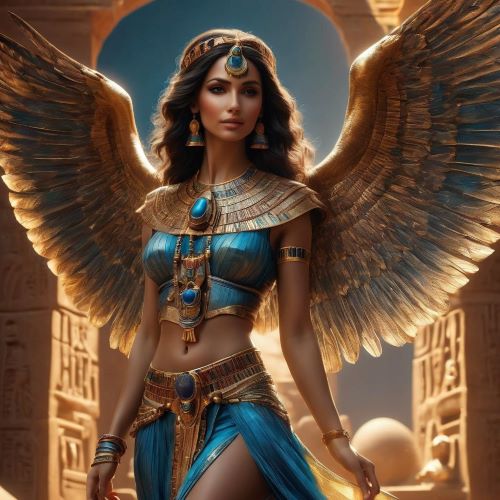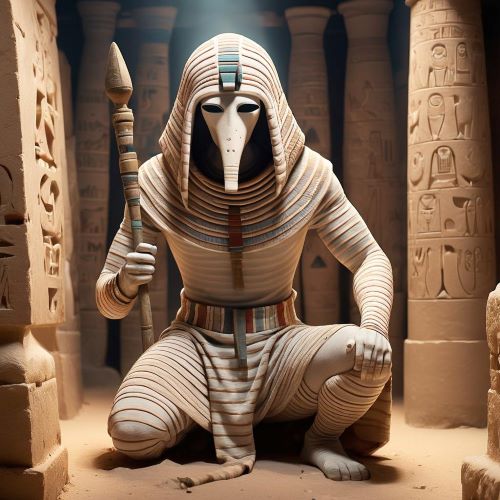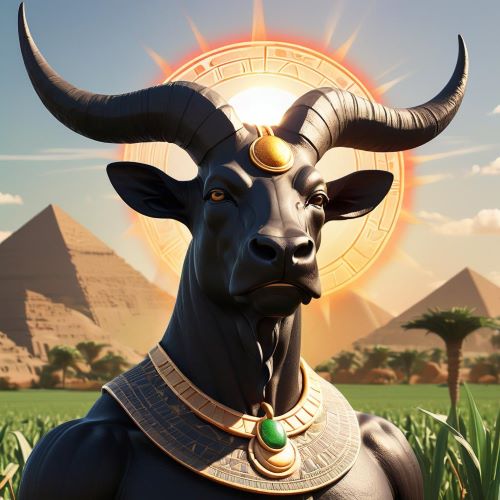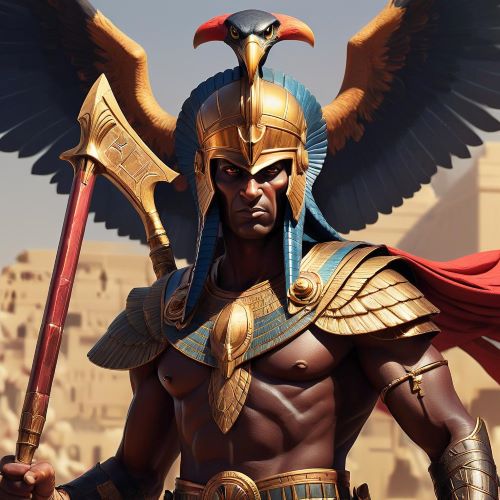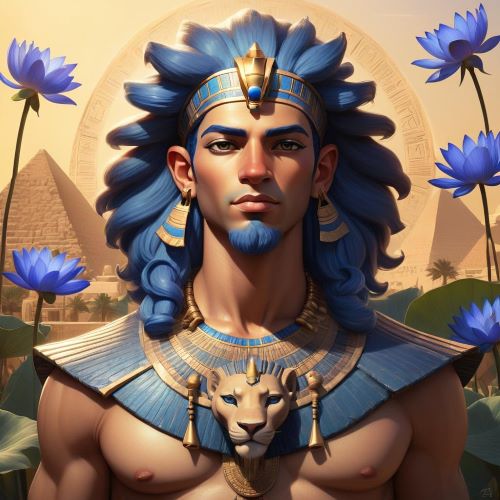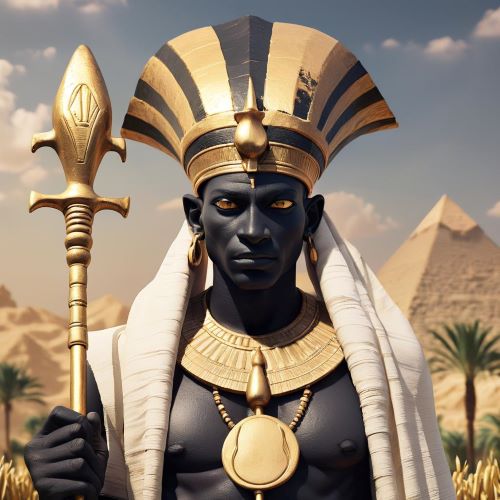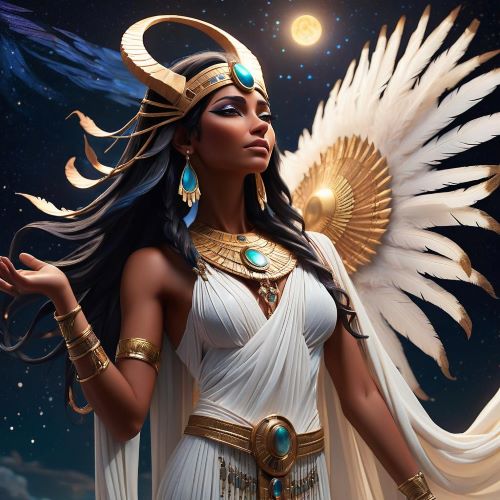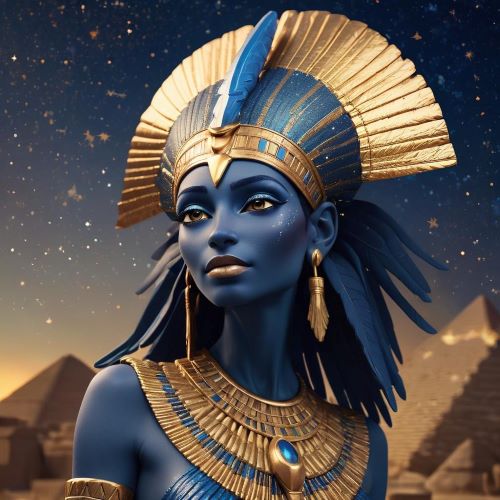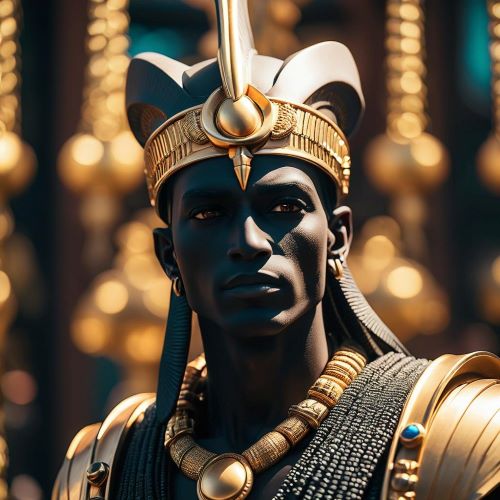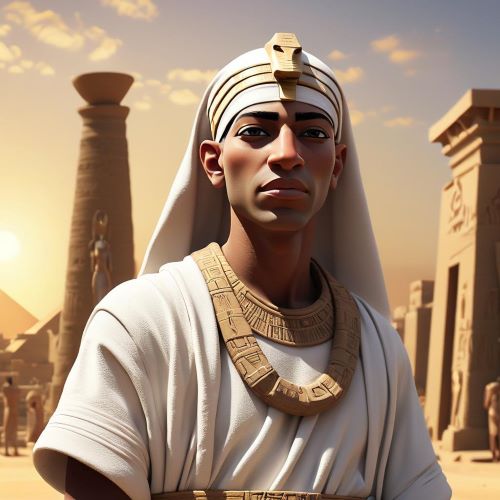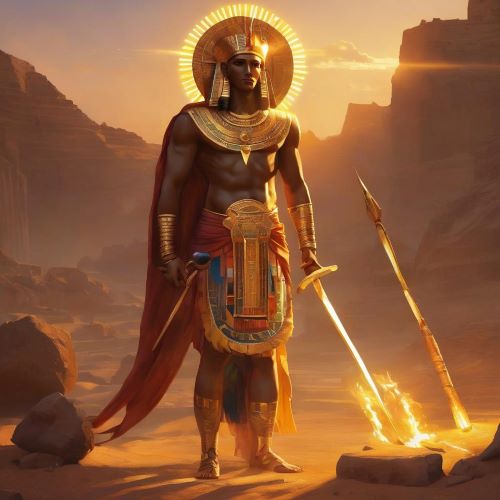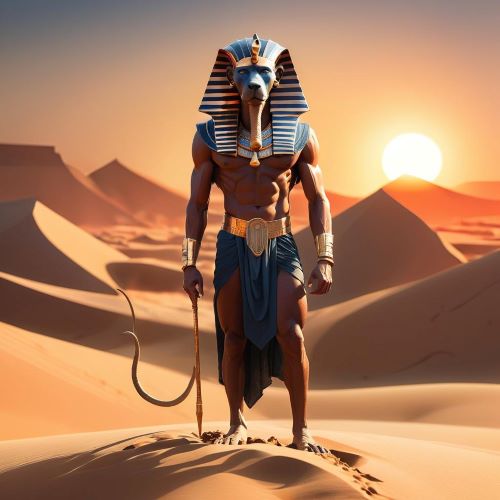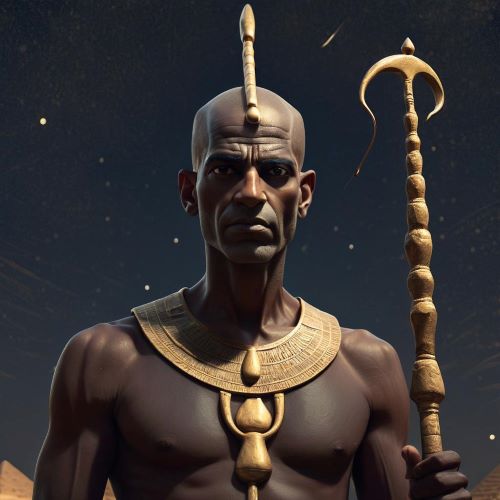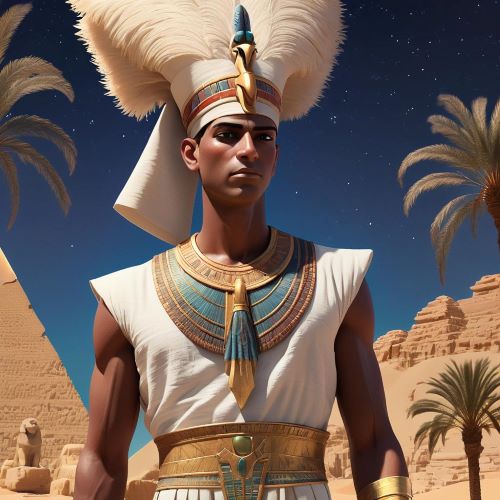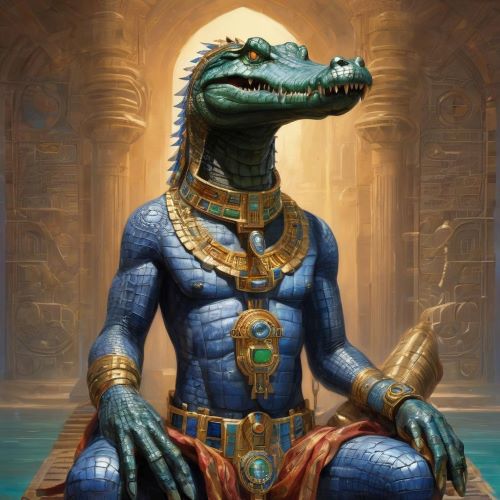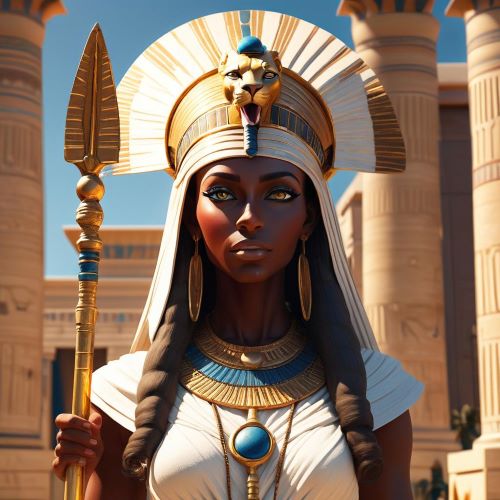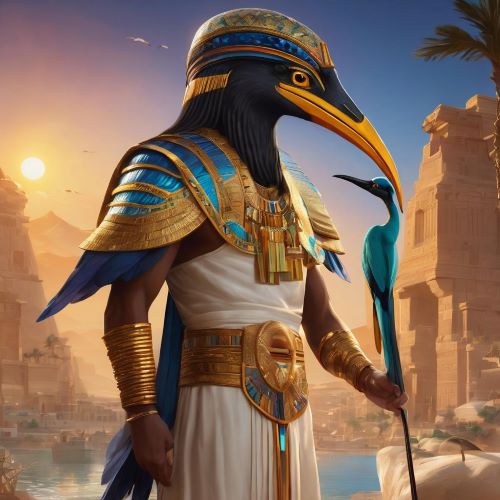Egyptian Mythology
Egyptian mythology finds its source in the ancient Egyptian culture from at least c. 4000 BCE to 30 BCE. Egyptian religion managed to influence quite a few other cultures through contact and transmission. This was mainly due to the fact that the port of Alexandria was an important port which sat on the famed Silk Route.
Roman philosophers were mainly responsible for the propagation of Egyptian mythology and culture worldwide as they were completely mesmerised by the concepts of eternal life after death, multiple deities who were not vengeful and also the notion of reincarnation which was completely alien to them.
The Egyptian concept of an afterlife or reincarnation was quite different from its Indian counterpart where in Egypt, the life after death was a mirror image of the life they led on earth. This led to the building of pyramids and the treasures that we unearth today. In Indian Mythology, we had to contend with an afterlife that was a reflection of how we lived our current one.
The Egyptian pantheon or cosmology also featured multiple Gods with their own skills and responsibilities to help the Egyptian people live their lives and to sustain the world that they lived in. The Egyptian Mythology was later diluted when Pharos or kings of Egypt started declaring themselves as Gods and forcibly stopped the worship of other ancient Gods of the people.
Remnants of the great civilization and its mythology is still among us in the form of the pyramids, structures, graves and all the written/drawn stories in hieroglyphics available across the Nile.
Every time someone ends a prayer in the Western world they say Amen – that is the name of an Egyptian god associated with completion. So we’re still praying to their gods.

